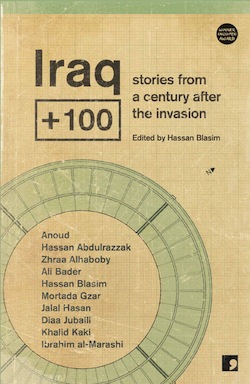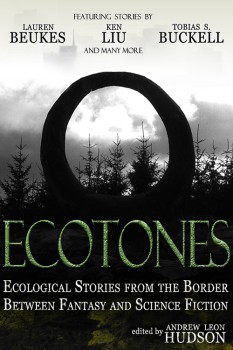Write a Short Story a Week Like Ray Bradbury

Once many years ago, Ray Bradbury decided the best way to become a good short story writer was to write a whole bunch of them. So he committed to writing a short story every week for a year. He also decided the only way to get published was to submit short stories, so he submitted a story once a week for a year too.
It’s a simple formula many beginning writers just don’t get — you got to put in the effort, and you have to send your stuff out there. As Bradbury explained in this speech, practice will help you, and it is impossible to write 52 bad stories in a row.
So let me introduce you to Write1Sub1, an online group where we encourage each other to write and submit a short story every week. They don’t have to be the same short story, because you probably want to let a story sit for a while before going back and editing it with a fresh set of eyes.
Many of us (including yours truly) are more novelists at heart, so if you don’t think you can face a weekly challenge, you can write and submit once a month. When I did this challenge back in 2014, I tried the weekly challenge. I burned out after four months, but got 16 stories written, more short stories than all previous years combined. Many got published in magazines and anthologies and the rest assembled into a collection I indie published. It really does work!
Check us out on our Facebook page. It costs nothing but your time, commitment, and perhaps your immortal soul. Keep on writing!
 With all the grim news coming out of Iraq, it’s easy to think the country has no future. That’s wrong, of course, because being one of the oldest countries in the world, it’s not going anywhere anytime soon.
With all the grim news coming out of Iraq, it’s easy to think the country has no future. That’s wrong, of course, because being one of the oldest countries in the world, it’s not going anywhere anytime soon.
 “So just what is science fiction?” asks editor Lou Anders in the preamble to his second and latest volume of Fast Forward, an annual collection of original genre stories (you can find my review of the first edition
“So just what is science fiction?” asks editor Lou Anders in the preamble to his second and latest volume of Fast Forward, an annual collection of original genre stories (you can find my review of the first edition